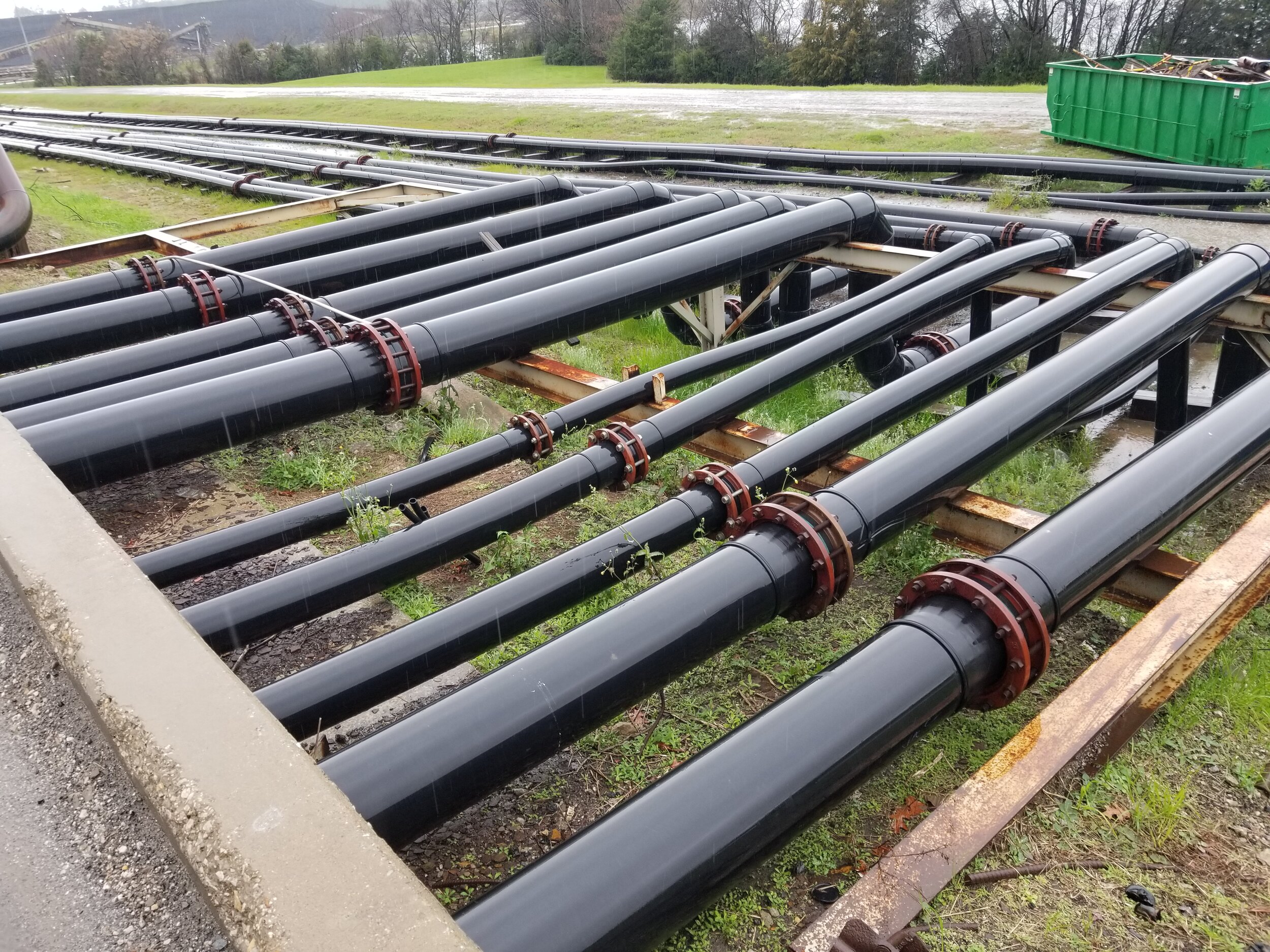The Unique Benefits of Choosing Pipe Supplier American Plastics Midland
Wiki Article
Understanding the Trick Benefits of HDPE Pipeline for Water and Wastewater Administration
Using HDPE pipeline in water and wastewater administration presents many advantages that merit factor to consider. Its phenomenal toughness and long life expectancy make it a recommended option for lots of jobs. Additionally, the material's resistance to deterioration and chemical damage enhances its reliability in numerous atmospheres. The advantages expand past just durability and resistance. custom hdpe pipe manufacturing Midland TX. Discovering its cost-effectiveness and environmental effect discloses also much more engaging factors for its prevalent adoption in contemporary frameworkExceptional Sturdiness and Durability

HDPE pipe stands apart for its phenomenal toughness and longevity, making it a recommended selection in water administration systems. Constructed from high-density polyethylene, these pipes can hold up against substantial pressure and tension, making certain trusted efficiency with time. Their robust nature permits them to withstand severe environmental problems, consisting of temperature variations and dirt movements, which can create various other products to fall short.
The lifespan of HDPE pipelines often exceeds 50 years, providing an economical solution for districts and sectors alike. In addition, the product's light-weight residential properties simplify installation, reducing labor costs and timeframes. This longevity minimizes the demand for regular repair services or replacements, further enhancing its financial allure.
In water administration applications, the integrity of HDPE pipelines implies fewer interruptions and improved service connection, making them integral to lasting facilities advancement. The combination of sturdiness and longevity solidifies HDPE's role as a foundation in efficient water administration services.

Resistance to Corrosion and Chemical Damages
While several materials catch deterioration and chemical damage gradually, HDPE pipelines show impressive resistance, making them optimal for various water management applications. This durability stems from the molecular framework of high-density polyethylene, which is inherently non-reactive and does not corrode like steels or deteriorate from direct exposure to rough chemicals. Because of this, HDPE is extremely efficient in environments with hostile materials, such as wastewater systems that might contain acids, bases, and natural solvents.
Additionally, HDPE pipes can withstand ecological elements such as soil acidity and saline problems, additionally boosting their viability for diverse applications (American Plastics HDPE Pipe Manufacturing). Their capability to keep structural integrity with time reduces the threat of leaks and failings, which is critical in making certain the safety and security and dependability of water circulation and wastewater monitoring systems. The resistance to deterioration and chemical damage substantially adds to the general effectiveness and longevity of HDPE piping services.
Cost-Effectiveness and Economic Advantages
When taking into consideration the financial effects of water monitoring systems, the cost-effectiveness of HDPE pipelines ends up being obvious. These pipes supply reduced setup and maintenance prices contrasted to standard materials like steel or concrete. Their lightweight nature streamlines transport and setup, causing minimized labor expenses. In addition, HDPE pipelines display a lengthy life expectancy, often going beyond 50 years, which converts to less substitutes and lasting financial savings.The resistance of HDPE to rust and chemical damages minimizes the demand for costly repair services and replacements. The pipes also sustain efficient water circulation, decreasing energy prices connected with pumping systems. By mitigating leaks and water loss, HDPE pipelines add to considerable economic advantages for municipalities and industries alike. In general, the preliminary financial investment in HDPE piping can yield considerable monetary returns over the life-span of the water management system, making it a prudent selection for lasting facilities growth.
Ecological Sustainability and Reduced Influence

Convenience and Flexibility in Installation
Since of their unique residential properties, HDPE pipes supply remarkable flexibility and versatility in installment, making them suitable for a large range of applications. Their light-weight nature permits less complicated handling and transport, lowering labor expenses and installation time. HDPE pipes can be bent and formed to fit numerous terrains and job demands, which is particularly helpful in challenging settings.Additionally, their resistance to rust and chemical damage permits setup in varied settings without the demand for specialized protective coverings. The ability to fuse joints creates a continual, leak-free system, improving the total integrity and integrity of the installment. HDPE's adaptability likewise accommodates ground movement, reducing the danger of damages in areas susceptible to shifting soil. Overall, these characteristics make HDPE pipelines not just flexible yet likewise a recommended option for water and wastewater monitoring systems.
Often Asked Questions
Just How Does HDPE Pipe Compare to PVC in Water Monitoring Applications?
HDPE pipeline supplies exceptional adaptability, resistance to corrosion, and longevity compared to PVC. Its lighter check my site weight facilitates much easier setup, while its long life expectancy minimizes replacement expenses, making HDPE a preferred option in water administration applications.What Is the Lifespan of HDPE Pipeline Under Typical Conditions?
Under normal problems, HDPE pipes can have a life expectancy ranging from 50 to 100 years. Their longevity and resistance to rust add to their long-lasting efficiency in different applications, making them a reputable option for facilities.Are HDPE Pipeline Recyclable After Their Service Life?
Yes, HDPE pipes are recyclable after their life span. American Plastics HDPE Pipe Manufacturing. They Get More Information can be refined and repurposed right into brand-new products, greatly lowering environmental effect and advertising sustainability within the sector, making them an eco-friendly selection for piping remediesWhat Is the Installation Process for HDPE Piping?
The installation process for HDPE pipes involves website preparation, trenching, pipe fusion or mechanical joining, backfilling, and stress screening. Proper methods ensure a long lasting and efficient system for delivering water and wastewater efficiently.Can HDPE Water Lines Be Made Use Of for Both Safe And Clean and Non-Potable Water Systems?
Yes, HDPE pipelines can be made use of for both potable and non-potable water systems. Their versatility, sturdiness, and resistance to deterioration make them appropriate for various applications, ensuring secure and effective transportation of water in different contexts.Report this wiki page